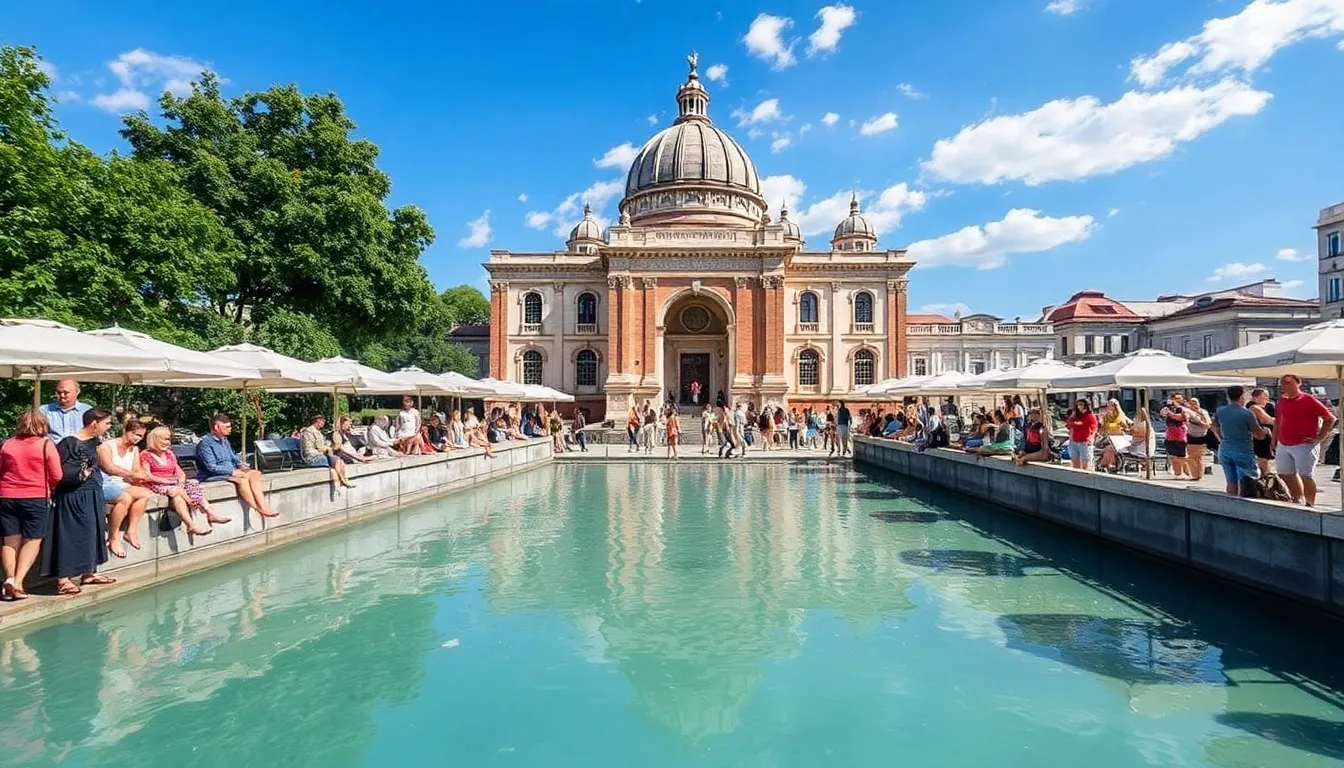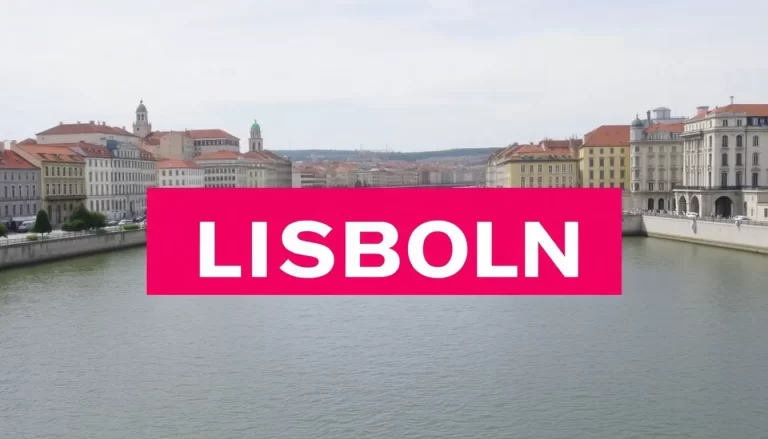As the world becomes increasingly connected, the travel industry is evolving, and with it, the choices available to LGBTQ travelers. The question arises: should LGBTQ individuals choose to visit countries where they may face legal repercussions or social discrimination due to their sexuality? This complex issue invites a deeper examination of safety, ethics, and the potential impact of travel on local communities.
Understanding the risks for LGBTQ travelers
Currently, more than 70 countries enforce laws that criminalize homosexuality, with at least 12 of those imposing the death penalty. These statistics highlight the precarious position of LGBTQ travelers in certain regions. While many travelers navigate these legal frameworks without incident, serious cases exist where individuals have faced severe consequences simply for expressing their identity.
For instance, a gay British tourist was jailed in Morocco, while a gay man from Sweden encountered legal troubles in Tunisia. Furthermore, distressing stories emerge from countries like Egypt, where local authorities have utilized social media to entrap and arrest LGBTQ individuals. Such incidents underscore the importance of understanding local laws and societal attitudes prior to traveling.
Evaluating safety and local attitudes
When planning a trip, LGBTQ travelers must evaluate not only the legal landscape but also the cultural climate of their chosen destination. Factors to consider include:
- Public acceptance of LGBTQ individuals
- The presence of LGBTQ-friendly establishments
- Recent incidents of violence or discrimination
- The overall political climate and stability
- Local resources for LGBTQ travelers, such as support groups or safe spaces
Travelers should also remain aware of their personal safety and consider whether they need to conceal their identity during their visit. Understanding the potential risks can help individuals make informed decisions about where to travel.
The ethical dilemma of boycotting anti-LGBT countries
The question of whether to boycott countries with anti-LGBT laws presents a moral quandary. Some argue that withholding tourism dollars can pressure governments to change discriminatory policies. However, others contend that such boycotts can inadvertently harm local LGBTQ communities who may depend on tourism for their livelihood.
Consider the following points:
- Boycotting an entire country may overlook regions or cities that are more accepting.
- Local LGBTQ individuals often rely on the tourism economy, which can be jeopardized by blanket boycotts.
- By avoiding anti-LGBT destinations, travelers may miss opportunities to support local LGBTQ-friendly businesses.
Experts, like Ashton Giese from OutRight Action International, suggest that instead of boycotting, travelers should seek ways to engage with and support local LGBTQ communities while remaining aware of the risks involved.
Navigating travel choices and opportunities
While some travelers may choose to avoid countries with anti-LGBT laws, others feel compelled to visit for various reasons, including personal interest or cultural exploration. For those who decide to travel to these regions, a few strategies can enhance safety and ensure a more positive experience:
- Research local customs and laws thoroughly prior to arrival.
- Connect with LGBTQ-friendly travel agencies that specialize in safe travel options.
- Seek out local LGBTQ guides or organizations that can provide insights and support.
- Be discreet about personal identification when necessary, being mindful of local sentiments.
- Consider participating in tours or activities that promote cultural understanding and engagement.
Can travel foster change?
Traveling to anti-LGBT countries can raise questions about activism and the potential for change. While some believe that visiting these destinations can help normalize LGBTQ presence and promote acceptance, others argue that it could reinforce negative stereotypes or expose local LGBTQ individuals to increased risk.
UN reports indicate that LGBTQ travelers contribute significantly to the global economy, with estimates suggesting over $200 billion in leisure spending. By choosing to spend money in more accepting locales, travelers can send a message to governments about the economic value of diversity and inclusion.
Practical tips for LGBTQ travelers
For those planning a trip to regions with mixed attitudes toward LGBTQ individuals, preparation is key. Here are some logistical tips to consider:
- Book your travel wisely: Use platforms that highlight LGBTQ-friendly accommodations.
- Prioritize safety: Consider travel insurance that covers issues related to discrimination.
- Engage with local LGBTQ communities: Look for events or groups that align with your interests.
- Stay informed: Follow local news sources to remain updated on any changes in the political climate.
Finding your own balance as a traveler
Ultimately, the decision to travel to anti-LGBT countries is deeply personal. Each traveler must weigh their desire for exploration against potential risks. Some may choose to fully embrace the challenge, while others may prioritize their safety and well-being by avoiding such places.
As travelers, it’s essential to understand the broader implications of our choices. Engaging with local cultures while being mindful of the safety and rights of others can lead to enriching experiences and deeper connections across borders.
By navigating these complexities with care, LGBTQ travelers can enjoy the rewards of travel while promoting understanding and respect for diversity around the globe.







